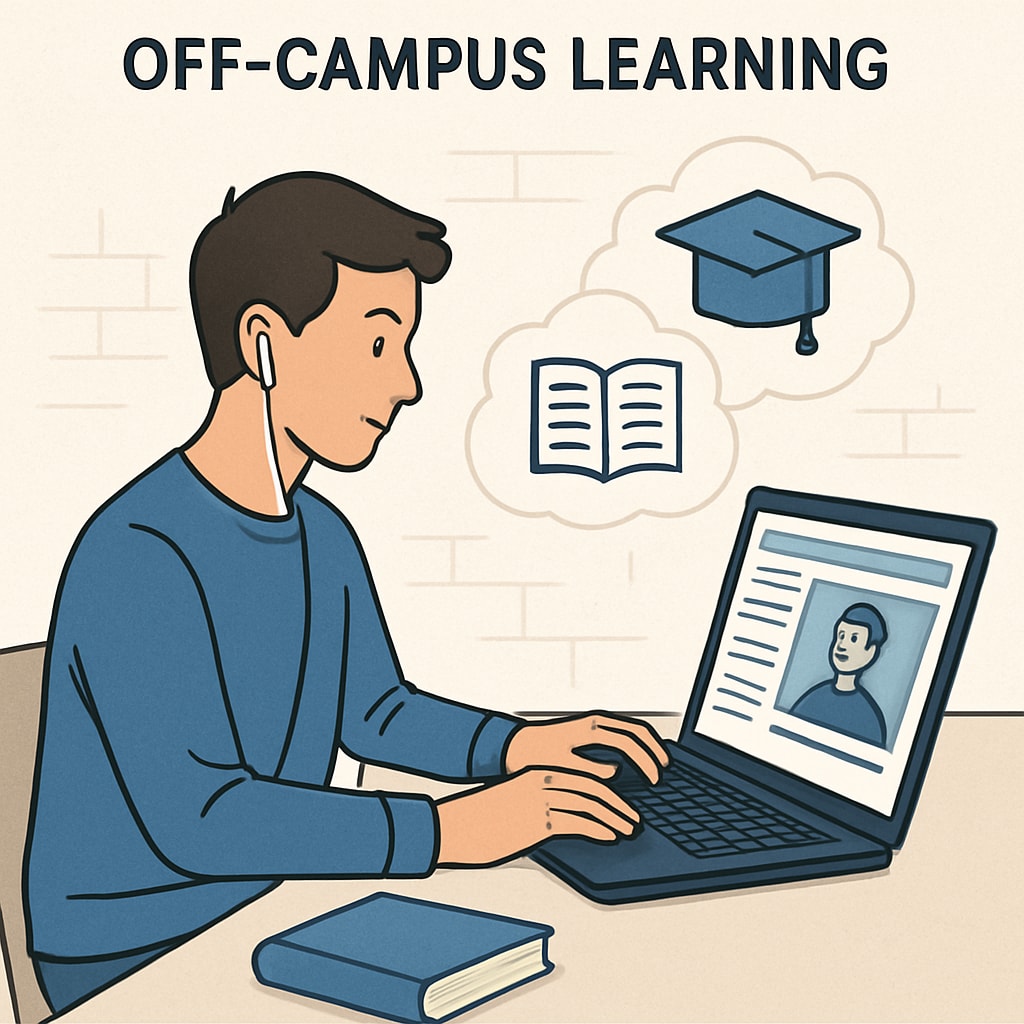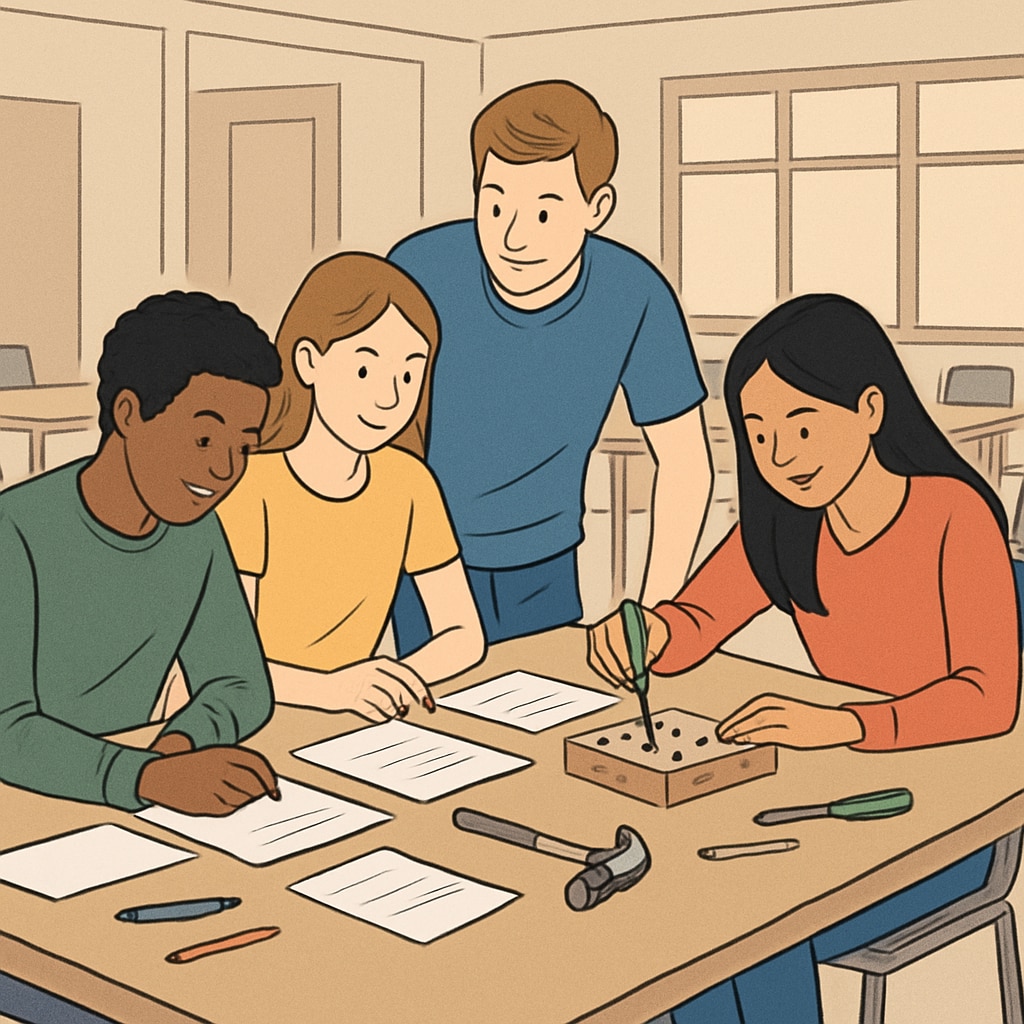As high school students, particularly those entering their final year, the pressure to excel academically while exploring personal interests can be overwhelming. Accessing quality education courses, off-campus learning, and resources can bridge the gap between classroom learning and holistic development. From free online tutorials to paid specialized workshops, there is a wealth of opportunities waiting beyond the confines of school. This guide will help you navigate these options effectively and strategically.
Accessible Off-Campus Learning Opportunities for Every Budget
One of the first steps in exploring off-campus learning resources is identifying options that fit your budget. Here are some categories to consider:
- Free Resources: Platforms like Khan Academy and Coursera offer free courses on a wide range of subjects, from math and science to humanities and social sciences.
- Affordable Paid Options: Websites such as Udemy or Skillshare provide affordable courses on specialized topics, including coding, graphic design, and public speaking.
- Scholarship Opportunities: Many organizations offer scholarships for summer programs or workshops. Research local community centers and educational nonprofits for available opportunities.
By combining these options, you can create a tailored learning experience that expands your knowledge without breaking the bank.

Balancing Online and Offline Resources
While online resources are abundant, offline opportunities can bring added value through face-to-face interaction and hands-on experiences. Here are examples of both:
- Online: Virtual tutoring sessions, webinars, and online study groups are excellent for flexibility and access to global expertise.
- Offline: Local libraries, museums, and community centers often host educational workshops and study groups. Volunteering is another way to gain practical experience while contributing to society.
High school students should aim to balance these resources to develop both their academic and interpersonal skills effectively.

Maximizing the Benefits of Off-Campus Learning
To make the most of off-campus learning, consider these strategies:
- Set Clear Goals: Decide what you want to achieve—whether it’s improving your grades, learning a new skill, or exploring a career interest.
- Stay Organized: Use planning tools like calendars or apps to manage your time effectively between schoolwork and additional learning.
- Evaluate Progress: Regularly assess whether the resources you’re using are helping you meet your objectives. Adjust your approach as needed.
With these strategies, you can ensure that your off-campus learning journey is purposeful and rewarding.
Readability guidance: This guide uses short paragraphs, clear headings, and lists to summarize key points. Transition words are used throughout to ensure smooth reading. Following these practices, students can stay motivated and organized.


